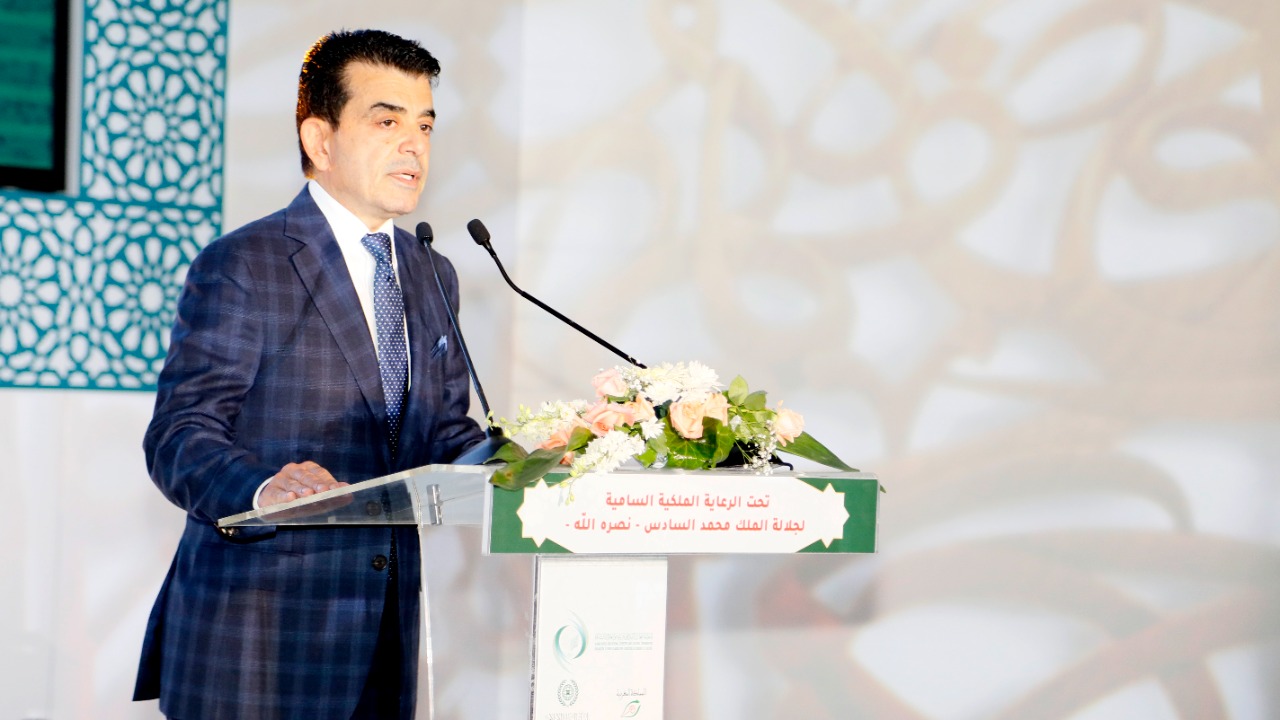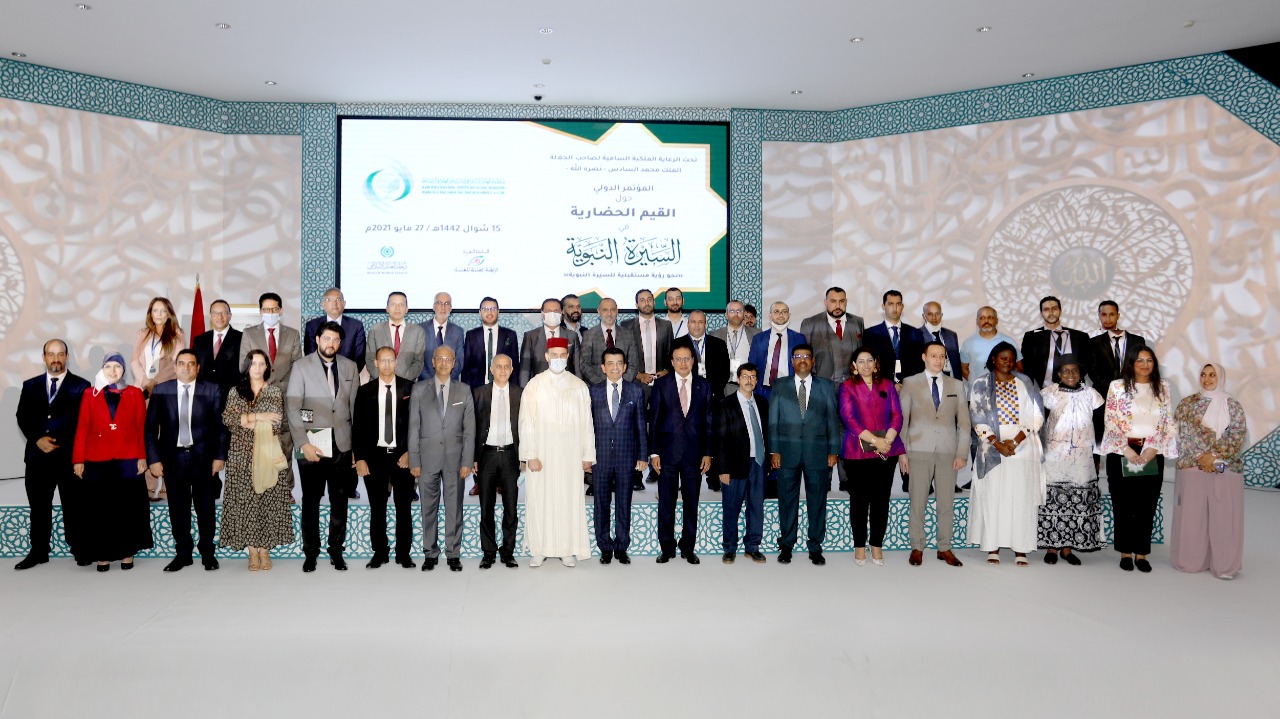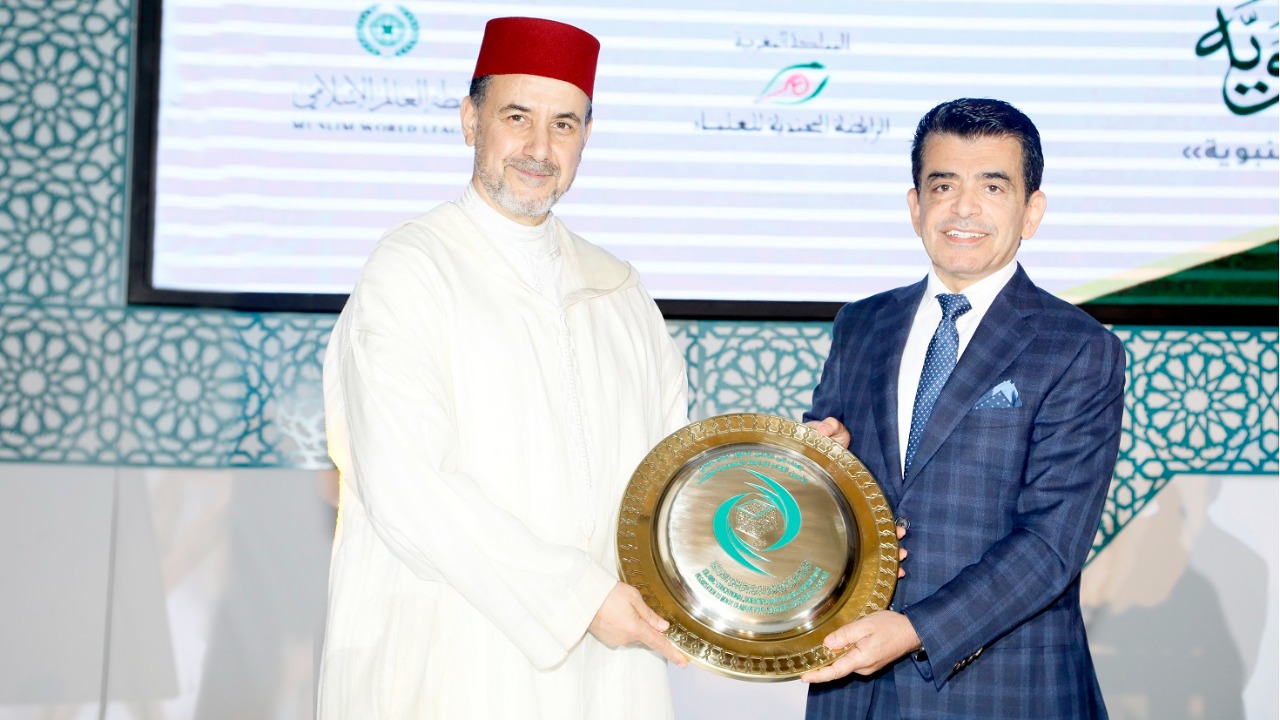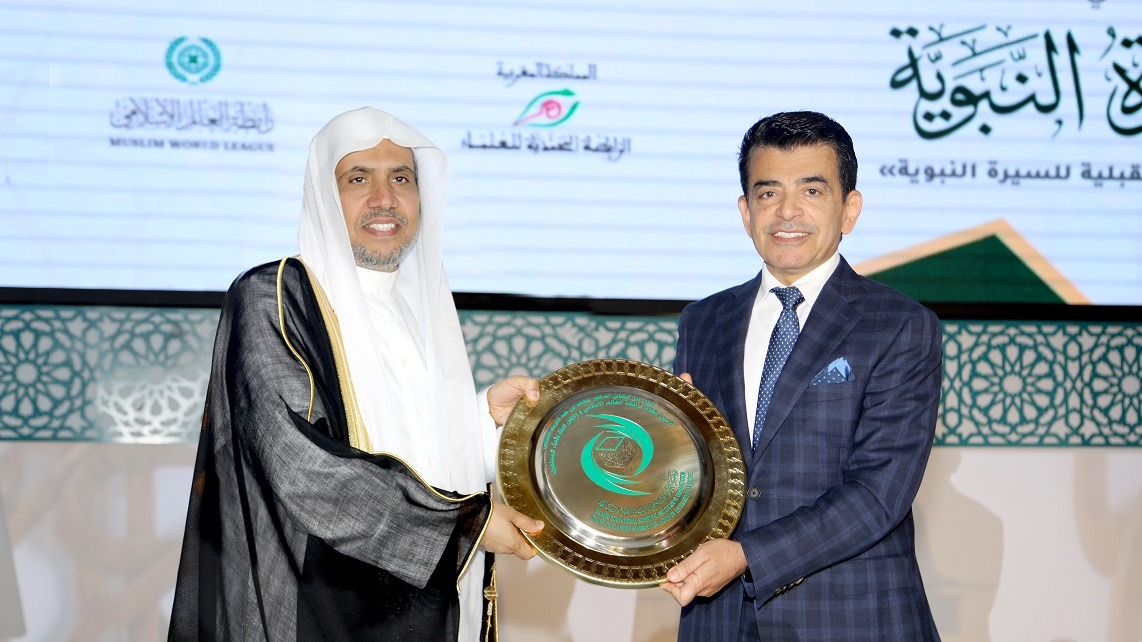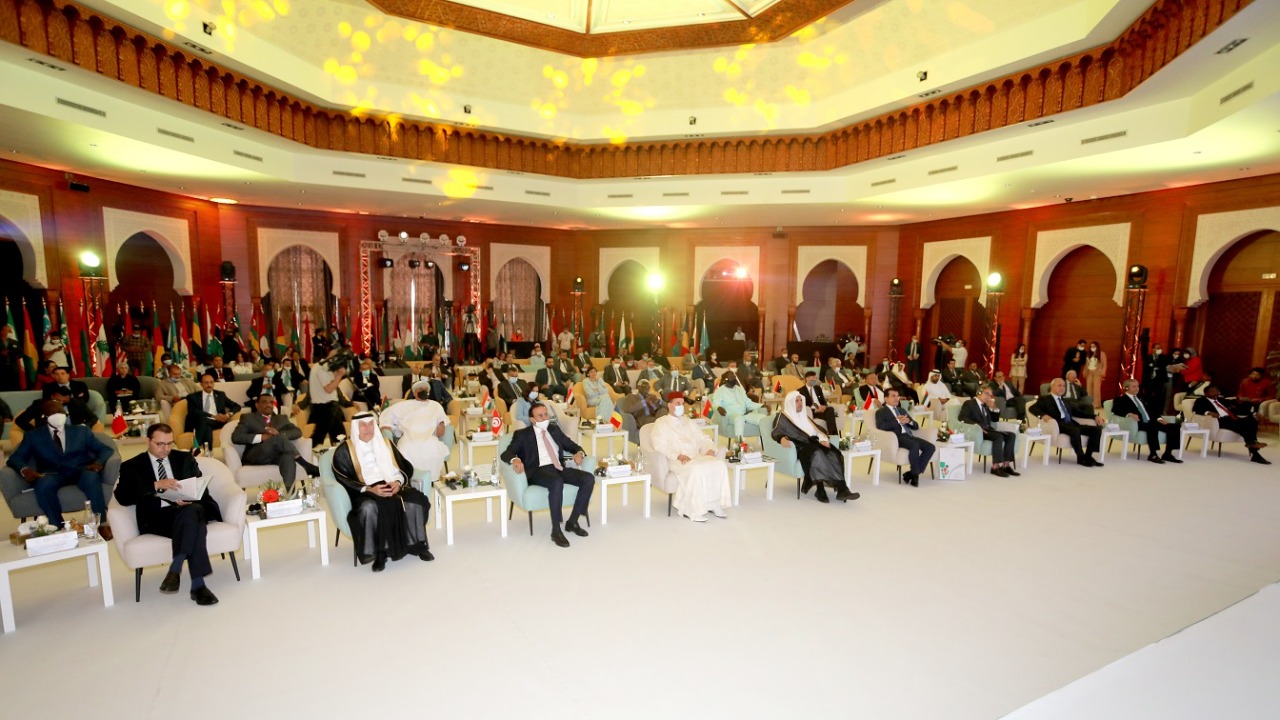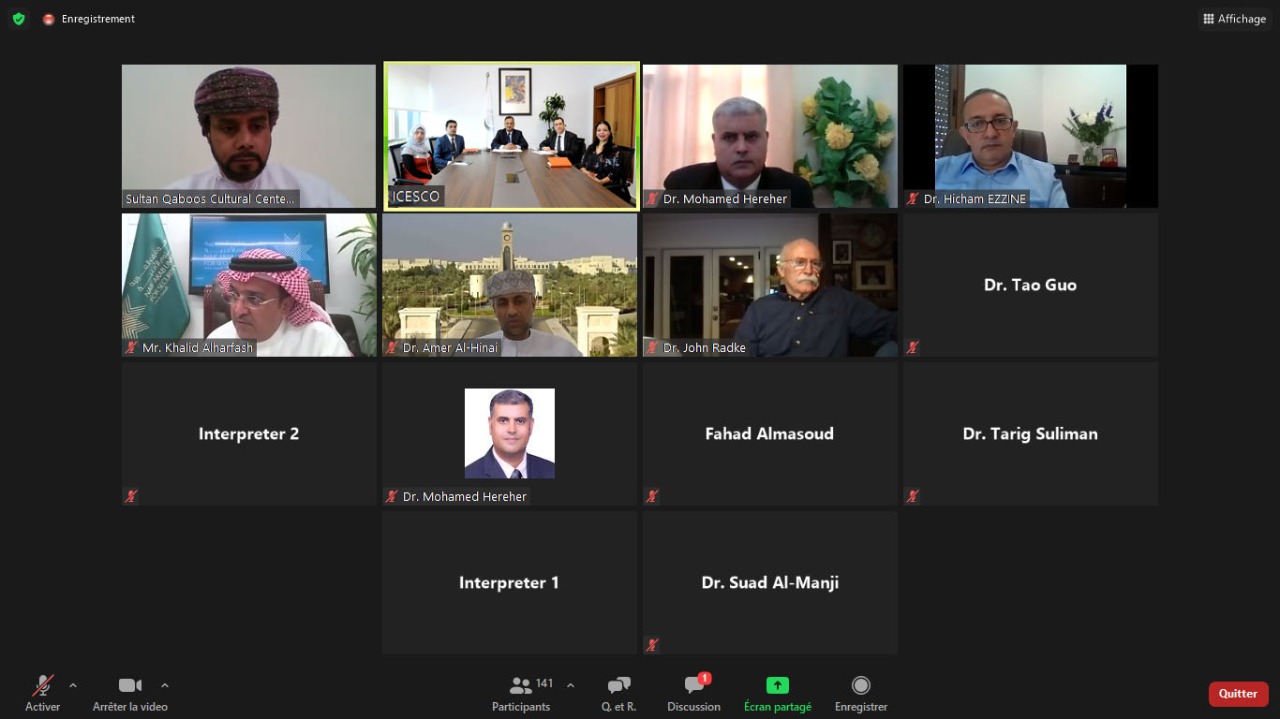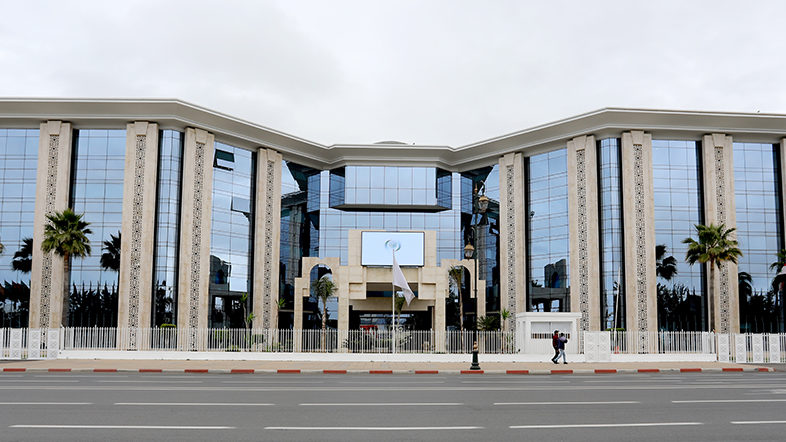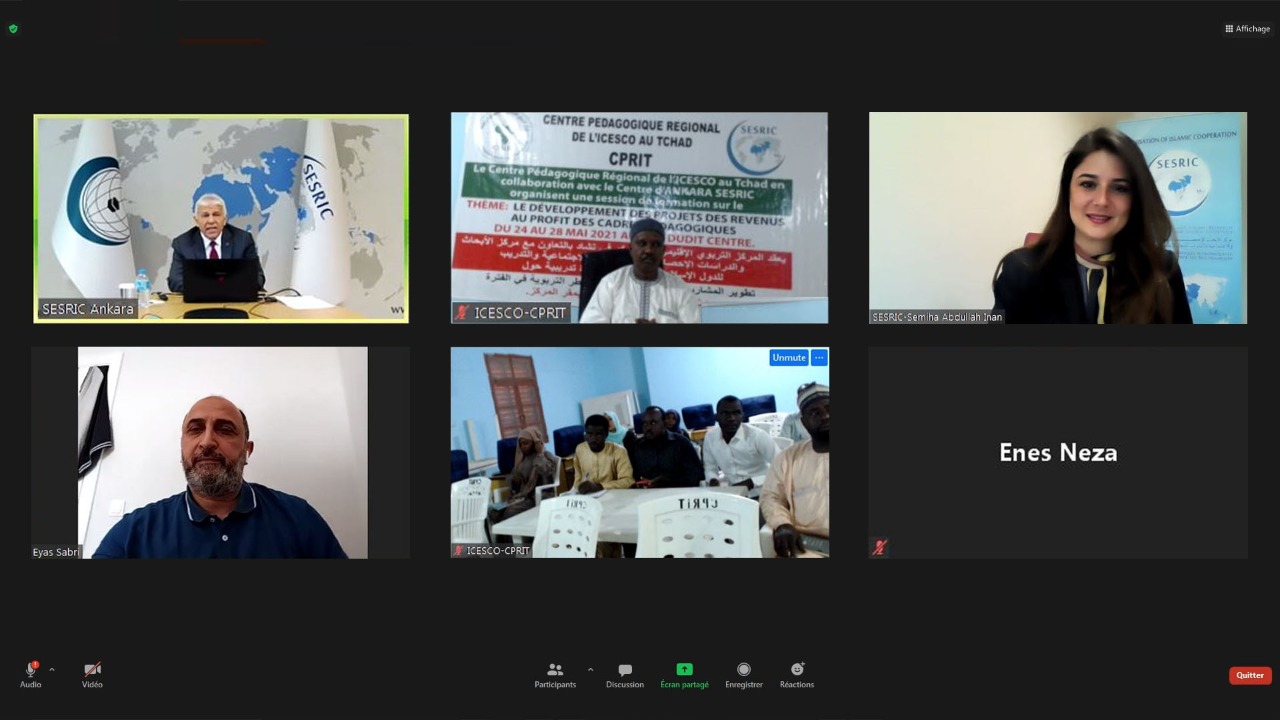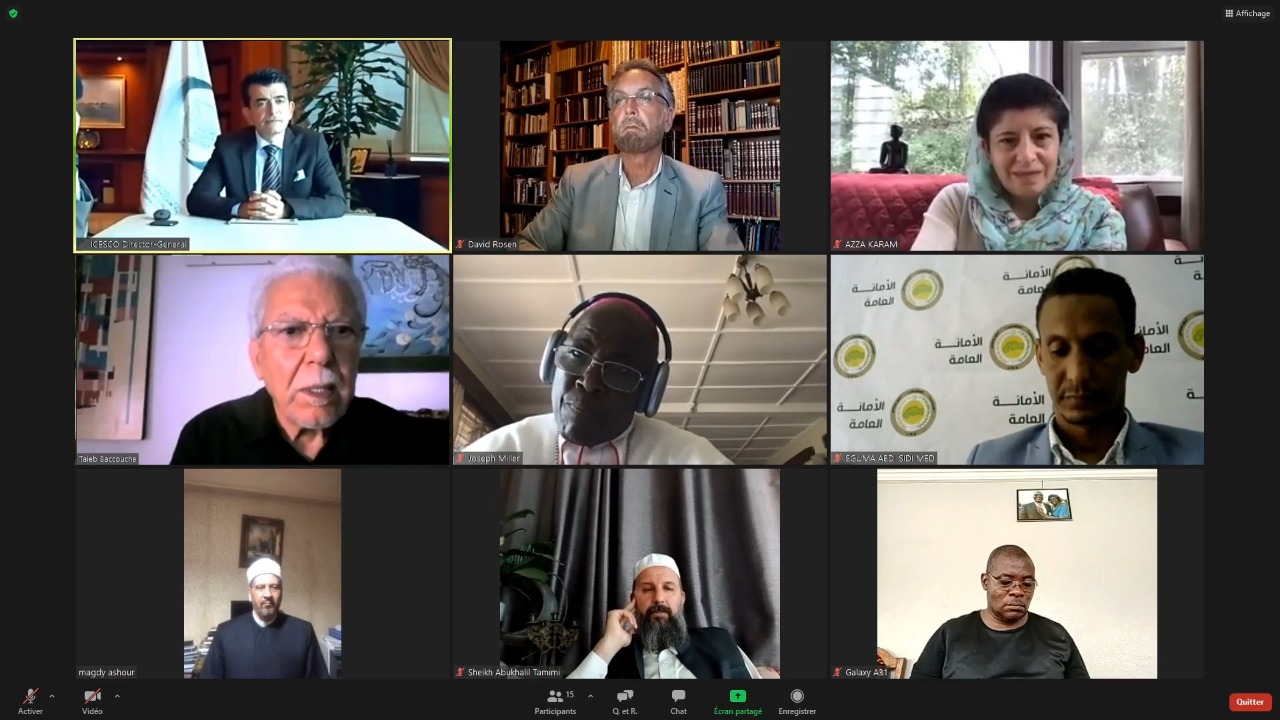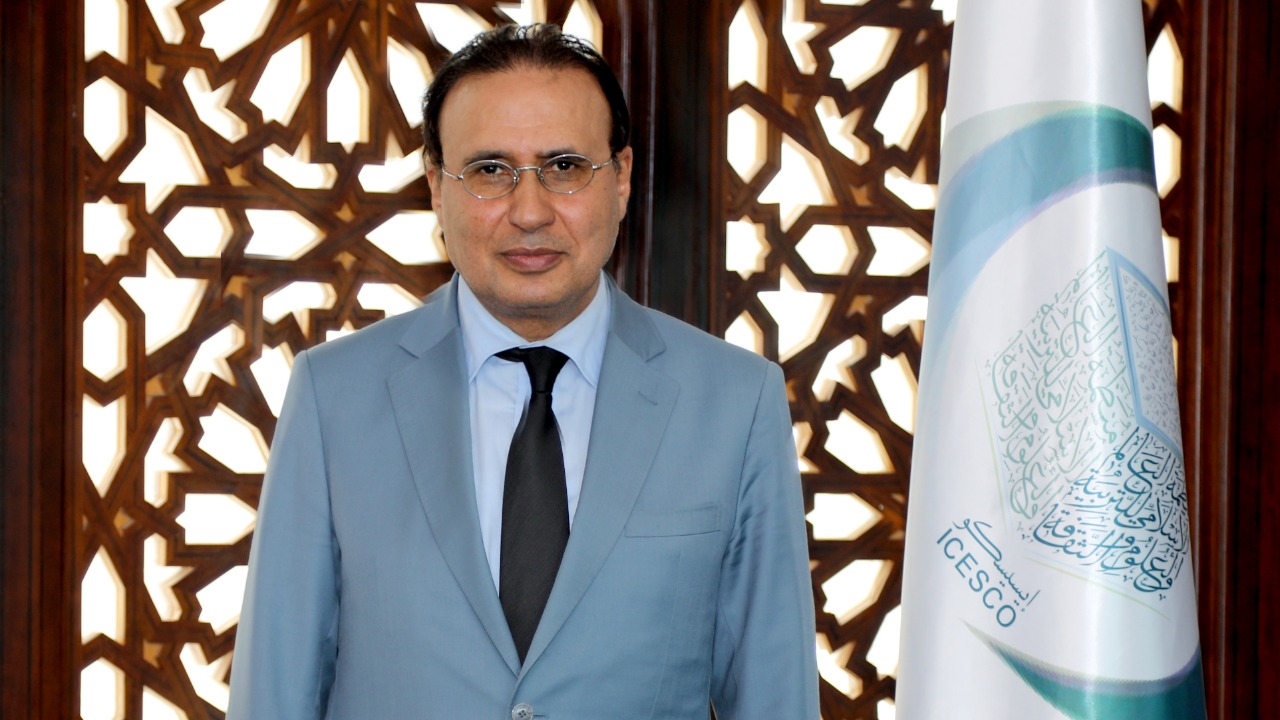The
Islamic World Educational, Scientific and Cultural Organization (ICESCO) kicked
off Thursday, May 27, 2021, its major event in love for the Prophet (PBUH),
under the theme: “Towards a Future Vision for the Prophet’s Seerah,” held in
partnership with the Muslim World League (MWL) and the Mohammadia League of
Scholars, under the high patronage of His Majesty King Mohammed VI of Morocco.
After
the recitation of verses from the Holy Quran, the honorary session started with
the address by Dr. Salim M. AlMalik, ICESCO Director-General (DG), wherein he
explained that the conference is a demonstration of our duty towards the
Prophet (PBUH) in response to the misunderstandings of the various aspects of
his Seerah.
Dr.
AlMalik announced a set of key initiatives, including the organization of the
Conference on the Prophet’s Seerah on an annual basis, the proclamation of an
international day of the Prophet’s Seerah named “Day of Mercy,” and the
launch of a major prize for the best initiatives and research works on highlighting
and promoting the civilizational values in the Prophet’s Seerah.
In
a video address, the guest of honor, Mr. Imran Khan, Prime Minister of
Pakistan, underscored that the Prophet (PBUH) ran the Medina community, at the
beginning of Islam, with the most civilized methods and rules the world has
ever known in terms of the equal application of law to everyone and taking care
of the poor and needy for the first time in history.
In
a video address, the guest of honor, H.R.H. Prince Hassan bin Talal, President
of the Arab Thought Forum, stressed the importance of studying the Prophet’s
Seerah as an embodiment of the universal mercy established in the Holy Quran
“We have sent you ˹O Prophet˺ only as a mercy for the whole world.”
The
guest of honor, H.R.H. Prince Charles, Prince of Wales, in his address,
delivered on his behalf at ICESCO headquarters by Mr. Simon Martin, UK
Ambassador to Morocco, highlighted that the spiritual dimension must be the
basis of our efforts to solve all social problems and face all global
challenges such as the current pandemic.
The
address of the guest of honor, H.E. Mr. Muhammadu Buhari, President of Nigeria,
that Mr. Baba Garba, Ambassador of Nigeria to Morocco, delivered on his behalf,
focused on the need to adopt a vision based on mutual understanding and
coexistence, which constitute the essence of Islam. He also underlined the need
to deconstruct and address the hostile messages posted on social media as they
exacerbate misunderstanding and spread extremism among their recipients.
In
his address, Dr. Muhammad bin Abdulkarim Al-Issa, Secretary-General of the MWL,
highlighted the crucial civilizational values in the Prophet’s Seerah that link
common sense with reason, which both constitute the moral basis of the ideal
human existence, paving the way for the seekers of the right path, and leave
non-Muslims in a state of astonishment and admiration.
Moreover,
Dr. Al-Issa added that the MWL has prepared many extensive studies, which
concluded that more than 50 percent of the causes of Islamophobia are rooted in
some Muslim societies, either due to lacking awareness or exploitation of
religion for material interests, along with other causes from outside the
Islamic world, while indicating that Islam can overcome such crisis just like
it did with many other obstacles throughout history.
Dr.
Ahmed Abbadi, Secretary-General of the Mohammadia League of Scholars, spoke
about the problems facing Islam, namely the damage that our corruption caused
to planet Earth; the extreme armament for fighting each other; the hidden
threats of the outbreak of major wars; 80 million studies are conducted each
year worldwide with no clear impact; and the human need for more wisdom.
Dr.
Abbadi also highlighted the studies and centers of the League, pointing out
that the daily presence of young people in the digital space requires our
presence as well in this space to provide guidance for them.
In
his video address, Mr. Miguel Angel Moratinos, High Representative of the
United Nations Alliance of Civilizations (UNAOC), reaffirmed that the
monotheistic religions share the call for mutual understanding and coexistence,
adding that the Messenger of Islam (PBUH) called for dialogue and benevolence
as he is deemed the high representative of civilizational dialogue, who
promoted tolerance and countered extremism and all forms of violent discourse.
At
the close of the honorary session, Dr. AlMalik, ICESCO DG, handed ICESCO
Honorary Shields to Dr. Al-Issa and Dr. Abbadi in appreciation of their efforts
in serving Islam.

